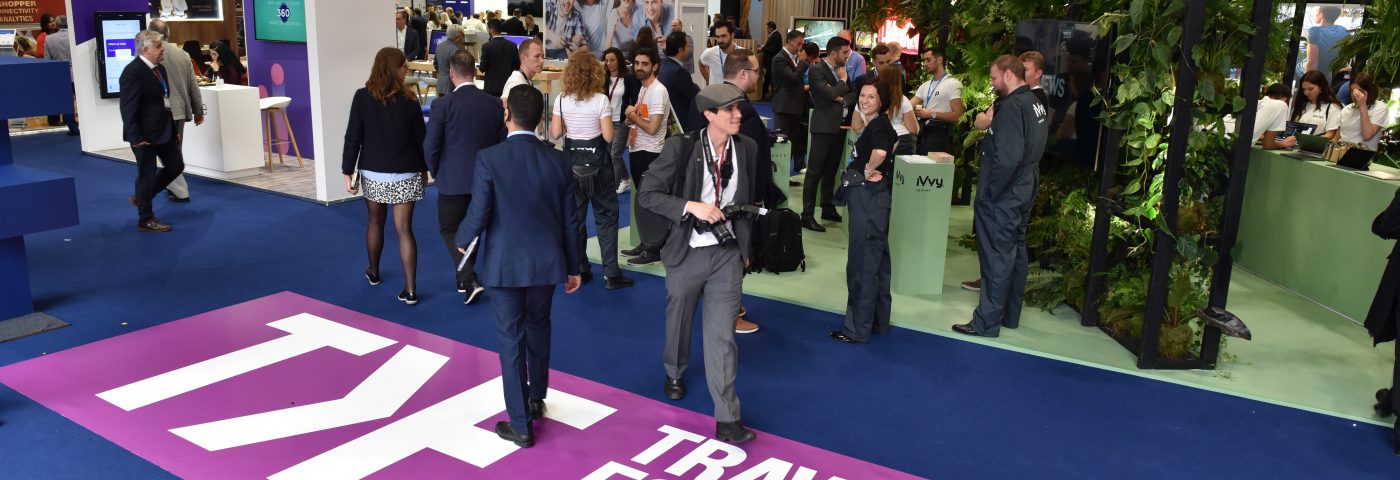Attendees on the second day on Travel Forward came away with marketing tips from one of the world’s biggest travel companies and heard how one of the world’s biggest hospitality firms is innovating.
The theme of day was the customer, and how travel companies and their tech suppliers need to be aware of existing and future consumer trends.
Andrew van der Feltz from Expedia Group Media Solutions presented a summary of its research into how Generation Alpha – those born after 2010 – influence family travel decisions.
While almost all travel decisions are taken by adults, more than 60% of the sample said that children were involved in the decision-making process.
Marketers, he said, need to know how to engage Generation Alpha during the planning process and imagery is key. Pictures highlighting the child-friendly nature of a destination or attraction influenced one in three, with 27% taking a steer from general travel pictures online. He also noted that 30% are influenced by what they see on TV.
He added that family travellers were influenced by factors other than price. The fact that many families budget for their trip is a positive for marketers as they are actively looking for a holiday, having set aside the cash for one. Price is less important than value, he said, adding that not all families know where they want to go before starting the search.
“For this specific travel demographic of families with Generation Alpha children, it’s about experience not expense,” he said.
AccorHotels is not yet thinking specifically about Generation Alpha, but it is innovating its approach to hospitality in response to changes in consumer trends, changes in business models and changes to the workplace. Sebastien Gaffori shared with the audience some its new product lines which have come out of the Accor Innovation Lab.
Jo and Joe is a brand designed to combine the best features of hostels and hotels. Its target market is millennials, but the brand’s key difference is its “open door” policy – the idea that hotels should be part of the community and “as welcoming to locals as to travellers”. There are two Jo+Joe properties in France, with a dozen in the pipeline.
It has also formed a JV with Bouygues Immobilier and launched Wojo. The subscription-based service will allow remote workers, digital nomads or offsite meeting organisers to work in the public areas of Accor properties. By 2022, Wojo will welcome more than 40,000 members and have more than 1,200 addresses in Europe.
Another project coming out of the Innovation Lab is The Loft, a portable hotel suite which can be moved from location to location. It provides 30m² of living space and is self-sufficient in terms of water and electricity supply for six guests on a three-day stay.
The Loft emerged as a concept this may and is currently at the prototype stage. Accor thinks that a mobile, sustainable and stylish hotel will provide guests with a truly unique experience at a location of their choosing.
Richard Gayle, Senior Director, Travel Forward, said: “Expedia has datamined its massive digital global footprint and shared some clear-cut insights for travel and hospitality companies wanting to get more out of the family travel market.
“Accor’s move into new areas of hospitality was an eye-opener for many in the room. It has formalised its approach to innovation without stifling inventiveness and collaboration.
“Other travel companies can learn from this approach, and sharing best practice among the travel ecosystem is what Travel Forward is all about.”

